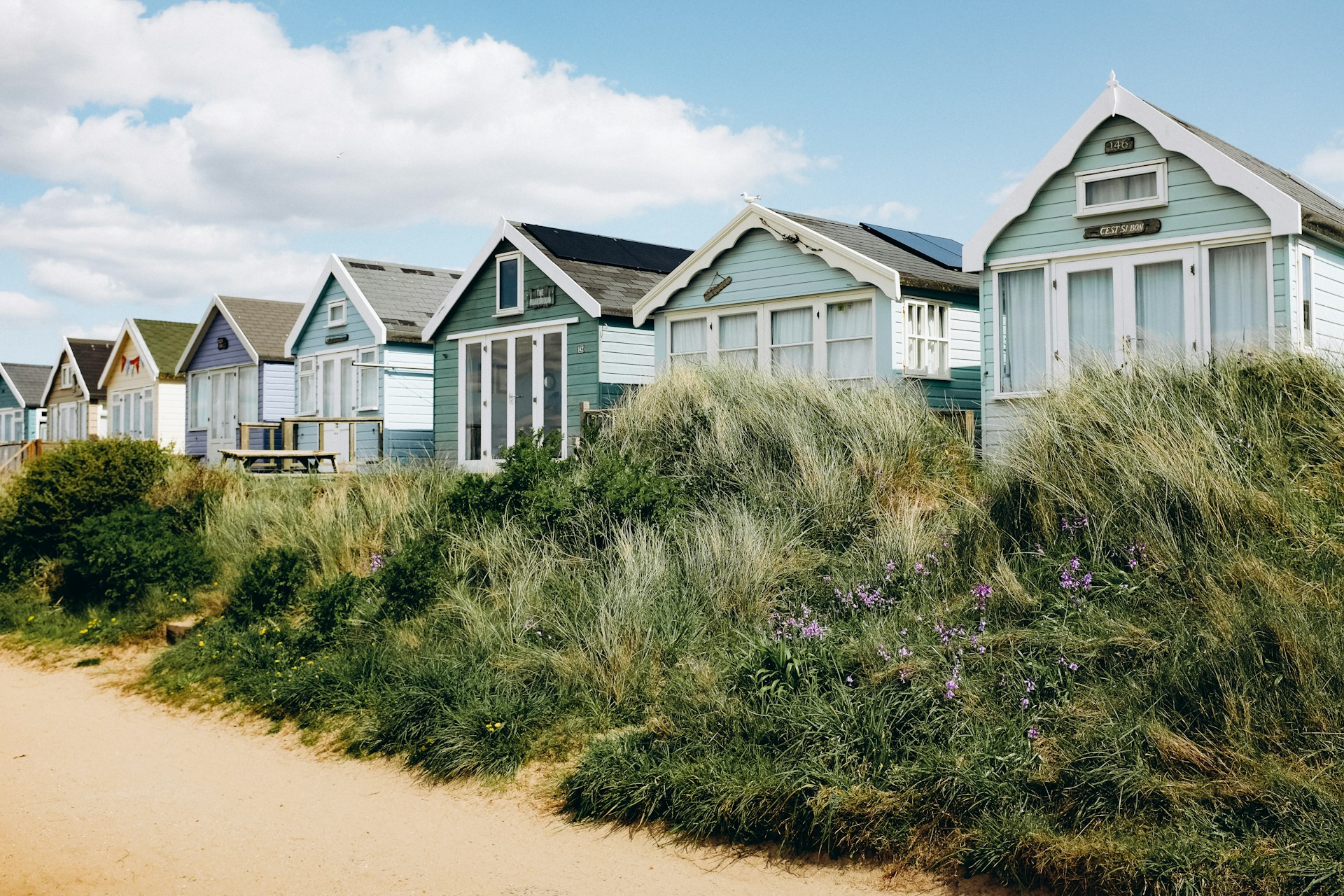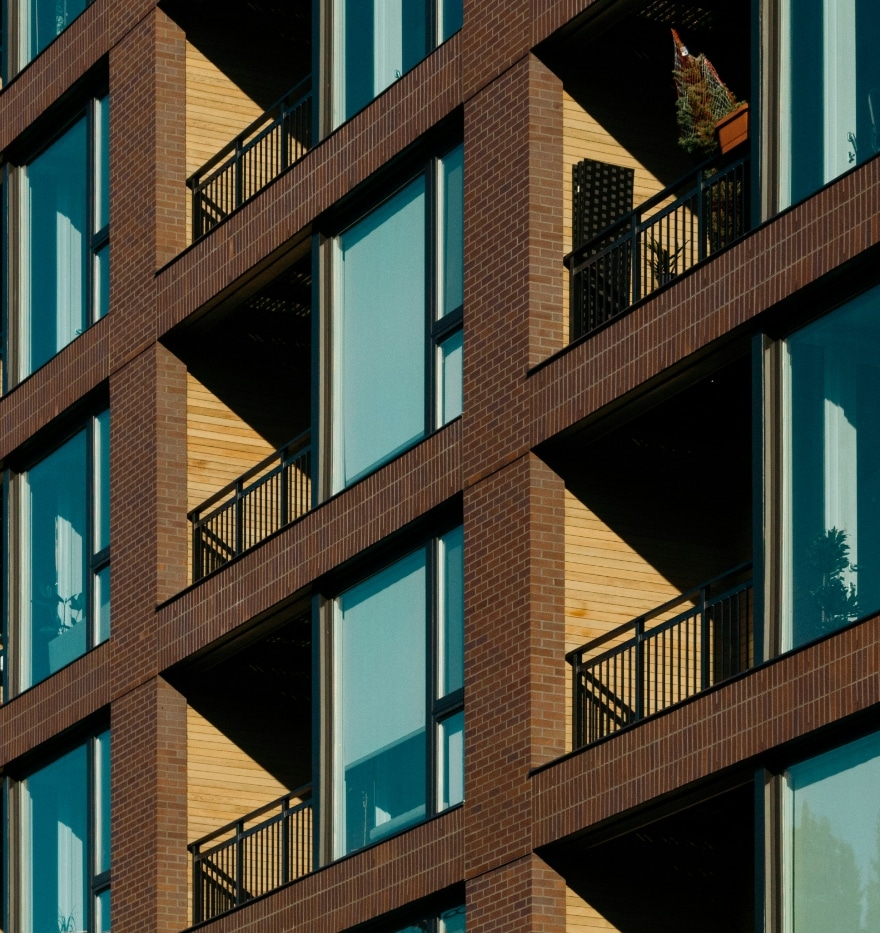Whats on this page:
Office Hours: Monday to Friday - 09:00 to 16:45

What is holiday home insurance?
Holiday home insurance is a specialist policy designed for properties that are not your main residence. This is a type of policy for properties used by the owner, friends, family, or paying guests for holidays.
It is different from standard home insurance, which is not typically valid for a property that is left empty for an extended number of days, or one that generates an income. The cover is designed to protect a property that may be left unoccupied for extended periods.
If you own a second property that you use for leisure or rent out to holidaymakers, it is important to have specialist holiday home insurance.
What does holiday home insurance cover?
A comprehensive holiday home insurance policy will include a range of protections to safeguard both your property and your income. This cover typically includes:
- Buildings Insurance: Covers the physical structure of your property against damage from events like fire, flood, storms, or vandalism.
- Contents Insurance: Protects the furniture, appliances, and other contents that you own within the holiday home.
- Public Liability Insurance: This protects you against legal costs and compensation claims if a holiday guest or visitor is injured at your property and is a crucial element of your policy.
- Loss of Rent/Income: This can protect you for a period of time if your holiday home becomes uninhabitable due to an insured event, and you lose rental income.
What doesn’t holiday home insurance cover?
While a holiday home policy provides extensive protection, there are some things that your insurance typically won’t cover such as:
Your guests’ belongings: Your guests are responsible for insuring their own personal possessions.
Fair wear and tear: Damage that occurs over time from normal use is not covered.
Pest damage: Damage caused by pests such as rodents or insects is usually excluded.

Do I need holiday home insurance?
If you own a holiday home, then yes, it is essential to have a specialist policy that relates to your property type.
A standard home insurance policy is not likely to be valid for a holiday home property as it won’t cover the risks associated with it being unoccupied for periods of time or commercial lettings.
Without the right cover, you could face significant financial loss if something unforeseen is to happen to your property.
How much does holiday home insurance cost?
The cost of a holiday home insurance policy varies depending on a number of factors, including the property’s location, its rebuild value, the level of cover you need, and whether you are renting it out.
Because of the increased risk of unoccupancy and potential liability from guests, it can often be more expensive than standard home insurance.
Frequently Asked Questions - Holiday Home Insurance
Yes, holiday home insurance can also cover overseas properties. Whether your second home is in Europe or further afield, you can arrange specialist cover to protect the building, contents, and your liability as an owner.
It is important to let your insurer know the exact location and use of the property so they can provide a suitable policy for your needs.
If you’re only renting out a spare room in your main residence, you may not need a full holiday home insurance policy.
You will, however, need to inform your standard home insurance provider as renting out a room will likely affect your policy terms.
Holiday home insurance policies cater to properties that remain unoccupied for extended periods of time, unlike standard home insurance, which often imposes a 30-day vacancy limit.
A holiday home insurance policy typically allows for a much longer duration, though the precise number of days will depend on the specific insurer and policy.
If you are renting out your holiday home, you should consider looking at additional types of cover on your insurance policy such as loss of rental income and public liability insurance.
These are crucial for protecting you from financial losses and potential legal claims from guests.
Our Landlord Insurance Products

Buy-to-Let Landlord Insurance
Buy-to-let landlord insurance is designed to offer protection for your rental property that goes beyond basic home insurance.
HMO Insurance
HMO landlord insurance has been designed to protect landlords who rent out properties to multiple tenants under a HMO arrangement.
Commercial Landlord insurance
Commercial landlord insurance is a type of cover that protects a property owner who rents out their premises to a business.
DSS Landlord Insurance
If you own a property and rent it to a tenant who receives benefits, such as Universal Credit or Housing Benefit, the policy you need is often known as a DSS landlord insurance.
Landlord Portfolio Insurance
Landlord Portfolio insurance is a single insurance policy providing specialist cover for multiple buy-to-let properties.
Student Landlord Insurance
Renting a property to students requires a specific type of insurance. It is a specialist policy designed to cover the unique risks associated with letting properties to students, due to the associated higher risks such as accidental or malicious damage along with the potential for a higher tenant turnover.
Holiday Home Insurance
If you own a second property that you use for leisure or rent out to holidaymakers, it is important to have specialist holiday home insurance.